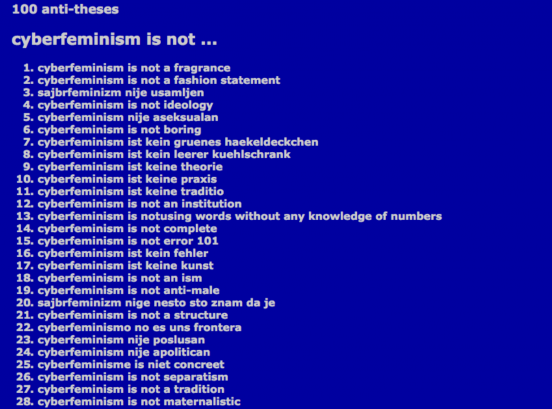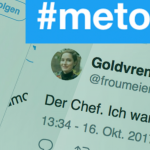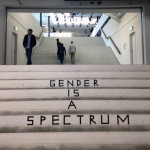This is the first in a series of writing commissions developed in relation to material from Kathy Rae Huffman’s media art library while installed at Res during 2016/17. The next stage of this programme will launch in January 2018.
http://beingres.org/2017/06/30/afterthefuture-helenhester/
After the Future: n Hypotheses of Post-Cyber Feminism
by Helen Hester
Introduction
This essay seeks to critically examine some of the strategies (critical, political, and aesthetic) implemented by a previous generation of feminist thinkers, and to understand which elements of this activism might be effectively repurposed for today. More specifically, it speculates upon what the cyberfeminism of the 1990s – a diverse ‘range of theories, debates, and practices about the relationship between gender and digital culture’ (Daniels, 2009: 102) – might have to offer emancipatory political projects in the twenty-first century. Given that there are a range of gendered challenges specifically relating to ‘living in the condition of virtuality’ (Hayles, 1999: 18) – from sexual harassment via social media to privacy and the protection of online images – there is still much to gain from engaging with pre-millennial cyberfeminist thought. However, not only have technomaterial conditions changed considerably over the past twenty years or so, but the theoretical underpinnings of some cyberfeminist endeavours appear in critical need of an update. In what follows, I will seek to acknowledge and build upon important activist genealogies, whilst gesturing toward some possible avenues for expanding upon and revising this element of our feminist history.
In her 2011 article “Revisiting Cyberfeminism,” the critic Susanna Paasonen points to a waning interest in cyberfeminist initiatives within contemporary media arts practice. Attributing the ‘fading attraction of cyberfeminism’ to shifts in the discursive environment (2011: 346), she notes that the term “cyber” has come to connote a kind of technoutopianism that does not sit well with the perceived mundanity and increasing domestication of much of the digital sphere. As a prefix, she contends, “cyber” no longer feels sufficiently current, and is thus unlikely to do much to capture and mobilize the political imagination. However, there is no denying the transformational impact of digital technologies upon contemporary cultures, societies, and lived experiences, and as such, it is crucial that today’s feminists find new ways of interrogating digitality alongside gender and sexuality. We need to articulate a feminism fit for a world ‘that swarms with technological mediation, […] abstraction, virtuality, and complexity’ (Laboria Cuboniks, 2015: n.p.). Re-entering the debates around cyberfeminism and exploring new directions for its creative and critical insights – a process already increasingly apparent within artistic, theoretical, and activist circles alike – may be one way of achieving this.
Our discussion starts with the work of the philosopher Sadie Plant, whose writings are taken to be illustrative of a number of aesthetic and political tendencies within cyberfeminism. However, the latter part of this essay is primarily concerned with one of the key texts included within the Kathy Rae Huffman archive – the collected proceedings of the First Cyberfeminist International, and the “100 anti-theses of cyberfeminism” contained therein. The questions animating me here are as follows: What does it mean to be a cyberfeminist today? How can we articulate a rigorous, substantive, and purposeful vision of cyberfeminism without being exclusionary or restricting possible incidences of difference and contestation? In short, what is Cyberfeminism 2.0, and how can we build it? If I cannot hope to answer such substantial questions within the limited space available to me here, I at least hope that what follows will indicate both my personal indebtedness to cyberfeminist practice, and my hopes that – in interrogating the limits of its twentieth century incarnation – we might be able to enter into a collective process of revising its commitments.







Kommentare von jewer